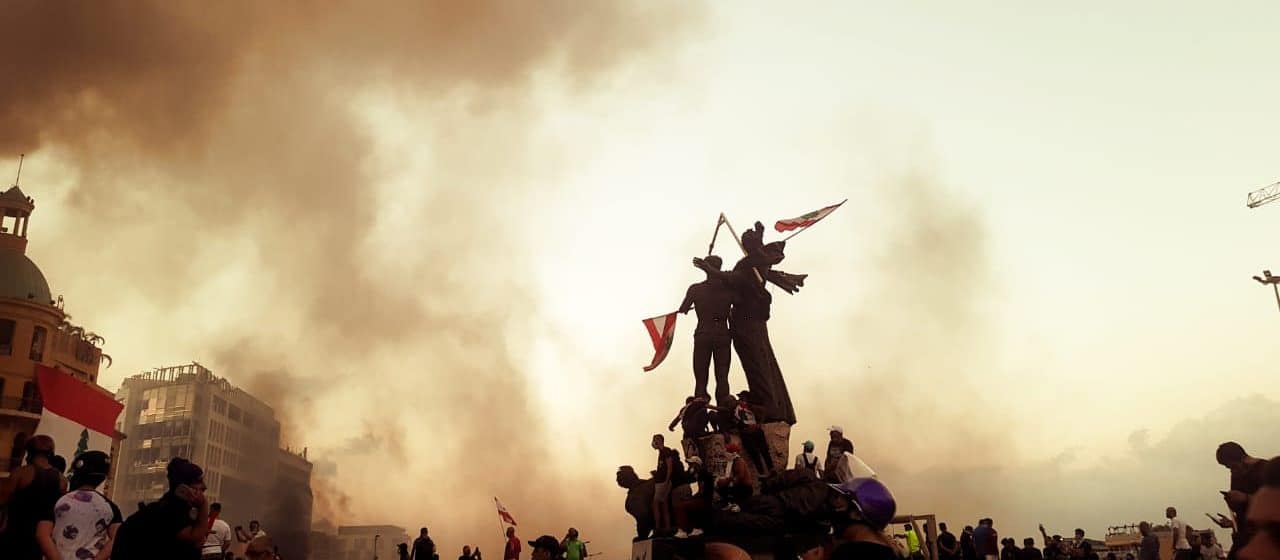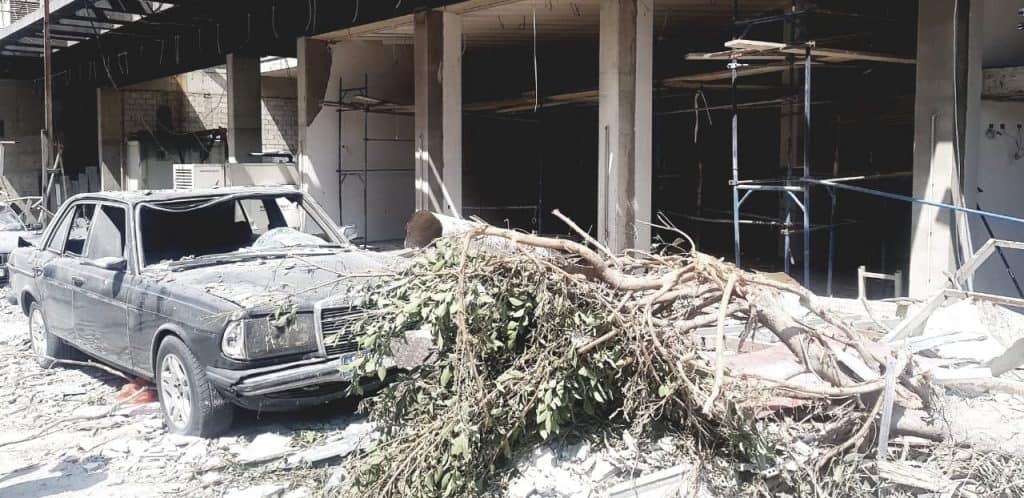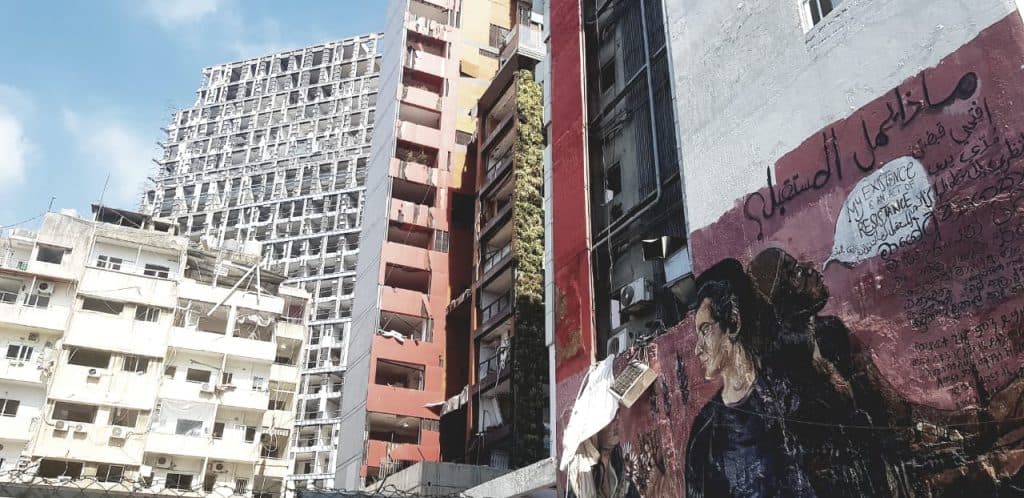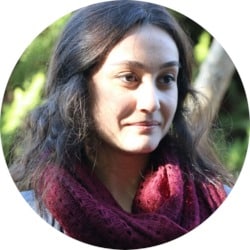
On August 4 2020, an explosion struck Beirut port and damaged over half the city. The shockwave spread across Lebanon and was even felt 200 kilometers away, in Cyprus.
I was getting ready to deliver an online workshop for the MIT Lebanon Challenge Accelerator when everything around me started shaking and ended in two large explosions. “Is this war?” I asked myself.
More Than 200 People Lost Their Lives
The blast was first attributed to fireworks, but soon we would learn about the 2,750 tons of ammonium nitrate which were abandoned at the port in 2016. In the hours and days following the explosion, the numbers started showing the extent of the apocalyptic tragedy: more than 200 people lost their lives, 6,000+ got injured, 300,000 lost their homes and even two weeks after the explosion, the search teams were still excavating bodies. The latest estimate is 12 to 15 billion dollars in damage.
Fuel to a Fire that was Already Burning
The Beirut port explosion adds fuel to a fire that was already burning. Lebanese people were already suffering from several challenges: an 80% devaluation of the Lebanese currency, a 90% inflation rate (it went up to 125% in certain industries), a capital control over local bank accounts in foreign currency (which means many people cannot access their savings), a 30% unemployment rate, a 55% poverty rate, a recent spike in daily COVID-19 cases and cycles of lockdown.

Add all this to a never-ending political deadlock, endemic corruption and new forms of repression by police forces. With such a dark canvas, the emigration rate rose 47% from 2019. Some businesses decided not to bounce back, repair and reopen. Not this time. Sisyphus is sick of having to push that boulder up the hill and see it slide every single time.
A Vicious Cycle of Corruption and Negligence
On Saturday, August 8, Lebanese took their anger to the streets. The protests were sparked by the mismanagement of what became ground zero – both prior to the explosion but also after the event, in dealing with the humanitarian fallout and the investigation of the causes. The outrage added to the already existing anger about the never-ending vicious cycle of corruption and criminal negligence.
That evening, the interaction between citizens and police officers escalated quickly, with excessive use of tear gas, rubber pellets and lethal bullets. Dr Fadi Haddad, an autoimmune diseases specialist at Hotel Dieu de France hospital wrote: “They shot people in the mouth so that they don’t speak the truth, or they shot them in the eyes so that they don’t see the truth, or they shot them in the heart to kill their last hope in this country.”
A Glimmer of Hope
What brought a glimmer of hope back to the victims of the explosion is that citizens, especially youth, came from all over the country to Beirut to share food, clean the streets and help fix houses. A sense of initiative, agency and solidarity started a few hours after the capital-wide and traumatizing explosion. Abroad, governments, expats and foreigners rushed to donate for relief work and humanitarian aid. Enterprises and non-profits joined forces to map out needs and organize the reconstruction of Beirut with the financial support of donors and the contribution of volunteers (here’s a list of campaigns for donation I put up shortly after the explosion). The social mobilization, both nationally and internationally, appeared as much more powerful than the involvement of the State.
What we Need is Balance
Reflecting on the events here in Lebanon and on the unrest around the globe, from the US to Belarus to Hong Kong, reveals growing disorder and instability. The more “order” is enforced, the less impact it yields and more chaos we observe. What we need is balance, which is partially what recoupling is about. In the absence of peace, justice and integrity in the sociopolitical realm, the economy doesn’t grow, and it feeds, unjustly, on the misery of those who are not in power.
As Lebanon faces economic collapse, tension grows in the cracks of the social and political landscape, ricocheting around and squeezing a “sandwiched” civil society that yearns to break free from all parties in power, including the majority and the opposition. When the foundational social contract is broken, when the basic needs are ignored and opinions repressed or manipulated, there’s room neither for prosperity nor for balance.

What Will Happen Next?
What will happen next? Truth is: we don’t know. Every time, the unexpected seems to happen. It seems we’ve been overusing NASA’s statement about the asteroid 2020 QG: “We did not see it coming.” Instability and corruption will last as long as those who are in power remain in power, as long as the foundations of transparent, independent and accountable institutions are missing and as long as the civil society doesn’t work on a holistic approach to change including but not limited to protests, and involving leadership building, independent and people-centered coalitions, decentralization, shadowing, independence of the judiciary, and more.
Stop Supporting Corrupt Institutions of a Failed State
What the international community can do is stop supporting the corrupt institutions of a failed State. And if funding is involved, transparency should come as the first condition to ensure the sound use of the support: complete public disclosure of every cent spent and every aid delivered and their impact, made accessible to the citizens and the international community. That should be the bare minimum to stop the bleeding.
Acknowledge the Power of Human Agency
In Lebanon and all around the world, we should at least come to the realization that we cannot build a new sustainable and peaceful future without balance: a balance of powers, a balance in the markets, a balance of social and economic prosperity… We also need to acknowledge the power of human agency and that individuals, institutions, organizations, companies and communities, not just governments, have the ability to move the needle.
An article by Alexandra Kodjabachi.
___
The views and opinions expressed in this article are those of the authors and do not necessarily reflect the views of the Global Solutions Initiative.
___

Alexandra, a Young Global Changer of 2017, Lebanon is an entrepreneur, public speaker and writer. As the founder of PersEd, a training, coaching and consultancy enterprise for personal education and 21st century learning, she pioneers interactive educational methodologies for 21st century skills to help lifelong learners be who they are and all they can become.
